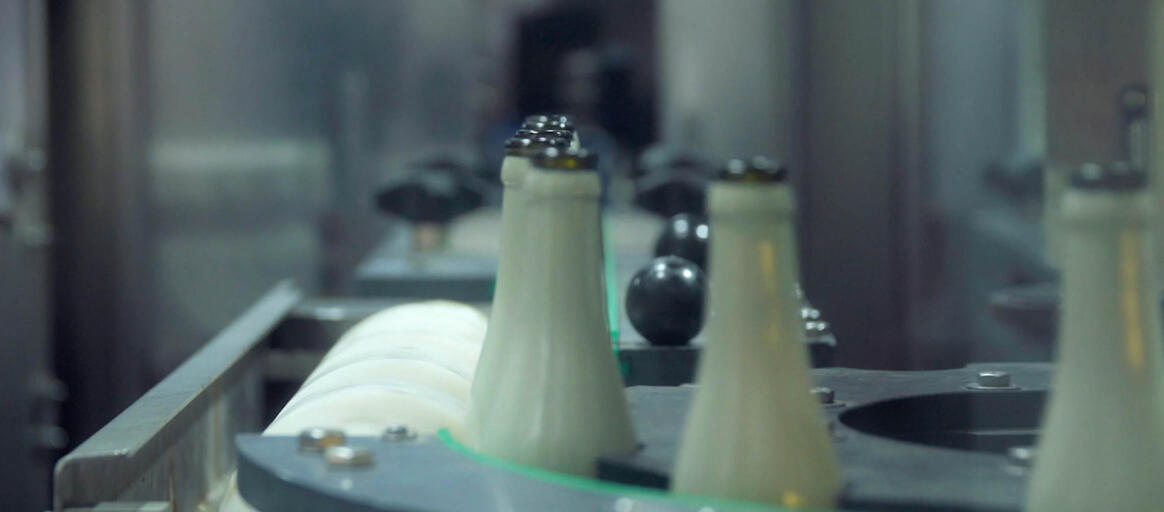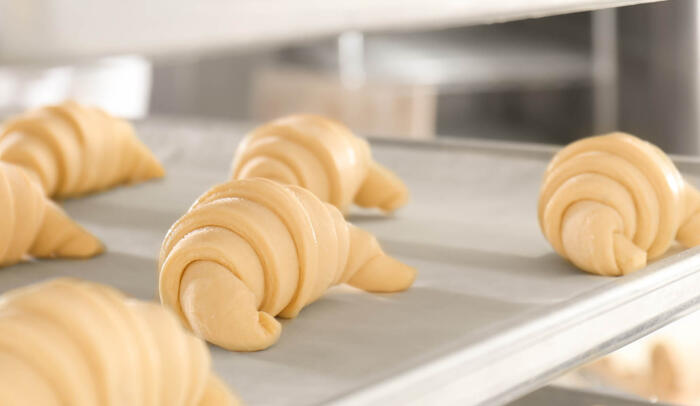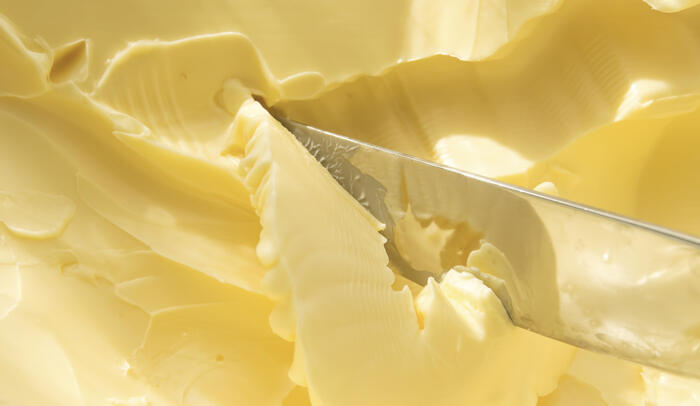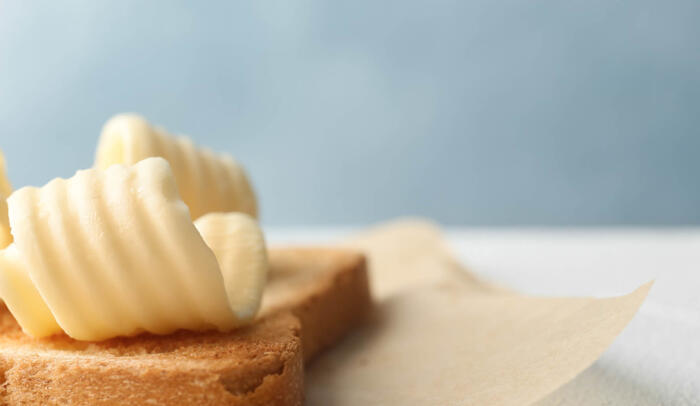Brouwerij Huyghe purposively opts for ZOUTMAN’s ready-to-use salt brine
The food industry uses huge amounts of water. To prevent them from sustaining harm, the installations need to be descaled, whether the water used is well water or mains water. The same applies to Brouwerij Huyghe. However, thanks to Zoutman’s ready-to-use brine, this process is operated in a highly eco-friendly and profitable manner.
Anyone who has not at least tried the brewery’s Delirium Tremens cannot by rights call themselves true Belgians. One thing a lot of people do not know however, is that Brouwerij Huyghe has many other beers on its roster: the entire Delirium range, La Guillotine, Averbode, Floris fruit beers, St-Idesbald, Blanche des Neiges, Mongozo, Artvelde, Villers, etc. As is the case for many breweries in Belgium, Huyghe has a long-standing history, which goes back to 1654. That being said, the brewery really started to thrive over the past two decades, with the company’s management team delivering a perfectly pitched response to two major trends. Their response to the rising success of regional beers comes in the shape of a continuous flow of new, innovative beers. And they deliver an equally effective response to the growing demand for sustainable business practices by putting in place all ecological measures that are financially feasible. Huyghe goes to extremes in this respect: for one thing, it now barely uses five litres of water per litre of beer produced. “As we were aware that this was very much the limit, we invested in the purification of our process water to drinking water level,” Filip Devolder, Environmental Health Officer & Purchase Manager explains. “By doing so, we are now able to recover up to 65%, which means we barely use 3 litres of well and/or mains water for each litre of beer produced. In order to get the best possible taste, only well water is used for the beer itself. For all cleaning activities and the sanitary facilities, we use a combination of well, mains and recycled water.”

ZOUTMAN proved to us in black and white how much this solution would save us: in our case, some 35%! Which means that the investment in tanks, pipework and control devices would have paid for itself in just three years.
Descaling is getting expensive
As the recycled water was already descaled and is also subjected to nano-filtering after the water treatment step, it does not contain any limescale. Unlike the well and mains water, which has a fairly high limescale content. In order to prevent damage to installations and pipework, the brewery had already installed water softeners years ago for which they purchased regeneration salt in tablet form in order to produce brine. However, given Brouwerij Huyghe’s substantial growth, this cost was starting to add up. “In 2009, we needed around ten tonnes of tablets on an annual basis. By 2014, however, we were already talking about 40 tonnes,” Filip Devolder explains. “As our storage capacity was limited, we were unable to purchase large volumes in a single go, which had a negative impact on the cost factor. But also, and even more so, there was the element of wage cost: we would spend a lot of precious time on a day-to-day basis on bringing in and replenishing the salt in the water softening plant."
As our storage capacity was limited, we were unable to purchase large volumes in a single go, which had a negative impact on the cost factor.
Nothing but benefits
When ZOUTMAN’s Christophe Vermote suggested an alternative in the shape of liquid brine, Filip Devolder was anything but keen at first. “Given our lack of space, I felt it would be counter-productive to start using a mixture of sea salt and water instead of concentrated tablets. But ZOUTMAN proved to us in black and white how much this solution would save us: in our case, some 35%! Which means that the investment in tanks, pipework and control devices would have paid for itself in just three years. This is purely based on the savings on the actual salt for water softening, as the element of wage cost ceasing to apply had not even been factored into this calculation. Factor that in and we are saving quite a few thousands of euros on an annual basis on this as well. As the brine system is entirely self-regulated, we no longer need to assign any manpower, and the cost of maintenance too has been reduced to as good as zero. Moreover, the take-up of liquid brine enabled us to further shore up our eco-friendly credentials, as the brine is made from sea salt. So we decided to take the plunge, and I can only say that we are very happy with the decision we took to this very day. We have also got rid of waste: the tablets used to be supplied in 25 kilo plastic bags, which all ended up in the skip. And finally, the brine system has given us greater operational reliability. Back in the old days, staff would forget to replenish the salt tank on the odd occasion, resulting in production stoppages, as the quality of the water being used was not up to the mark as a result. With the entire process now fully automated, we have got rid of this sort of problems. When the tank is nearly empty, this triggers an alarm so we can place a fresh order. ZOUTMAN are always bang on time with their deliveries, which means we never face brine shortages. In a nutshell, this is a perfect solution which I would heartily recommend to all food companies that use sizeable amounts of water that needs to be descaled.”


